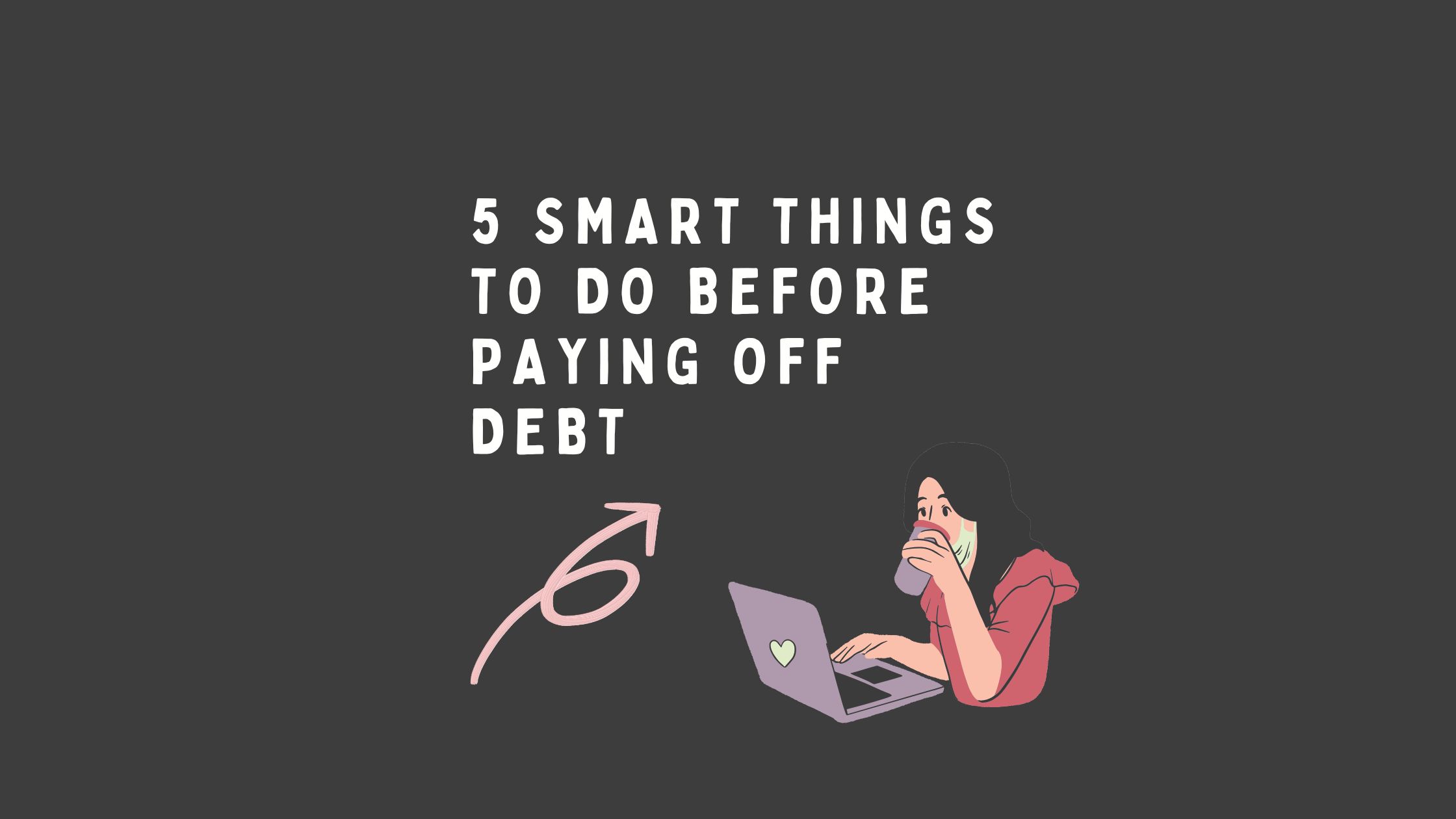Beyond the Basics: 5 Surprising Ways Budgeting Can Transform Your Life (Not Just Your Wallet)
Did you know financial stress like any other stress is bad for your health? Did you know that financial stress can cause anxiety, sleep loss, unhealthy relationships even mental health issues?
The Sleep Factor– Relieving your financial stress can help with sleep loss. Don’t lay awake all night worrying about how to pay the electric bill or where to scrape up the money for your kid’s field trip.
The Relationship Factor– Do you and your partner or spouse have money fights? If you are both on the same page and budgeting together it takes pressure off your relationship.

The Dream Accelerator- Do you have dreams? I am sure you do but you may believe they will never come true. Make a plan for your dreams and see them come true with action. Turn your dreams into goals.
The Time Multiplier– Take your time back. If you are budgeting and on the right track, you will not spend your time worrying about your current financial situation.
The Confidence Builder– Once you start paying off debt it can be such a mood booster. It will motivate you and give you the confidence to keep going.
What if I told you the most powerful financial tool isn’t a fancy investment app but a simple budget that you can create in the next 30 minutes?
The Modern Approach You do not need fancy apps or digital tools to start budgeting. It’s ok to start with pen and paper. Check out my Budgeting Planner here. You can choose a flexible budgeting method that will work for you and your family.

The most popular are:
The Snowball Method – This strategy directs you to pay off the smallest balance first. While you keep moving up the ladder you gain momentum until all your debts are paid off. This budgeting plan gives you small wins and motivates you, but you may pay more in interest.
The Avalanche Method – In this strategy you pay off the highest interest-rate debt first. You will pay less interest, but it can take longer to become debt-free.
There are many more budgeting methods such as Value-based budgeting or the 50/30/20 method. None of these plans may work for you so feel free to create your own budgeting method.
Action Plans:
Review your spending for at least the previous 3 months. See where your money is going. Where can you cut back? Are you paying monthly subscriptions but not using them?
Know your exact net income (take-home pay)
Know your exact Creditors. Here’s a Creditor template for you.
Create a realistic budget that fits your needs.
Give yourself grace when something goes wrong. It will happen especially in the first few months.

Common Pitfalls to Avoid:
• Perfection isn’t the goal; progress is
• Your budget needs to reflect your real life, not an ideal version
• Your financial situation is unique to you
• What we don’t prioritize doesn’t happen
• Unexpected expenses are actually… expected
• Over-complicated budgets often get abandoned
Remember: A budget that bends is better than one that breaks. The goal isn’t to create the perfect budget – it’s to create one you will actually use! Comment below and let me how your budgeting is going!




Leave a Reply